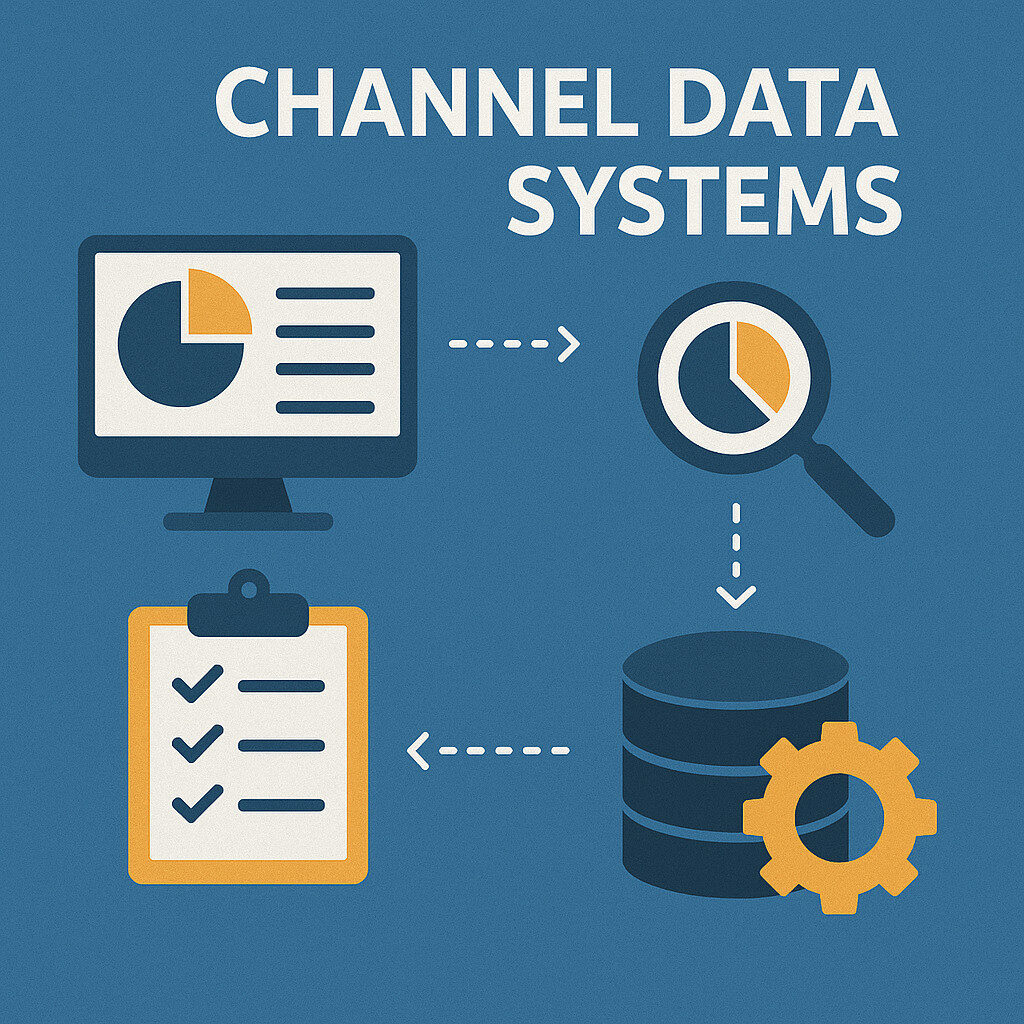Key takeaways
Most lenders require you to have a business bank account so that they can authenticate your business and review your finances.
Opening a business checking account before applying for a loan can help speed up approval, funding and repayment.
Some startup financing options, like personal loans and business credit cards, don’t require a business bank account.
If you run a business, you should have a business bank account — and in many cases, you’ll need one. Not only does this account separate your business and personal finances, but it’s also key when applying for a small-business loan. Most lenders require business bank statements to review your company’s finances, and some will even ask you to open an account with them before releasing funds.
We’ll start with a brief questionnaire to better understand the unique needs of your business.
Once we uncover your personalized matches, our team will consult you on the process moving forward.
Why you need a business bank account to get a business loan
A business checking account plays an important role in how lenders assess your application.
Proves your business is legitimate
Lenders want to see that your business is real, active and separate from your personal finances. A business checking account shows that your company is officially set up — and not just an idea or side project. And although sole proprietors may not be legally required to have a separate business bank account, many lenders still require it.
Gives a clear financial picture
Lenders use your business bank statements to evaluate your company and confirm your ability to repay a loan. These statements show your revenue, expenses and cash flow, and help lenders assess whether your business has consistent income and healthy balances. Without a dedicated business checking account, it’s more difficult for lenders to differentiate between personal and business transactions, making your loan application harder to evaluate.
Some financing options may not rely as heavily on business bank statements. Invoice factoring, for example, tends to focus on the value of your invoices and the creditworthiness of your customers. Similarly, merchant cash advance companies typically base approval on your debit and credit card sales. But most lenders offering these products still require a business bank account.
Simplifies underwriting
A dedicated business checking account often allows lenders to underwrite your business loan application more efficiently. Some online lenders allow you to connect your business bank account directly to their platform. This gives them a real-time view of your business’s finances, reducing paperwork and helping ensure the information they use is accurate.
If you have a business checking account with the lender you’re applying to, the application process may be even smoother. The lender already has access to your account history and key financial information, which can help speed up approval.
Streamlines funding and repayment
Once your loan is approved, lenders also use your business bank account to send funds and collect repayment. With a dedicated business account, lenders can deposit the funds directly — and ensure that your loan proceeds are kept separate from your personal money.
In addition, lenders often use your business checking account to set up automatic loan payments. This helps them ensure timely repayment and reduce the risk of missed payments. Some lenders, like Bank of America, may require you to open a checking account with them (if you don’t already have one) to simplify funding and repayment.
🏦 Open a business checking account before applying for a loan
If you don’t already have a dedicated business checking account, you should get one before applying for a business loan. You can open a business bank account quickly and easily online — all you have to do is provide basic information about you and your business. Beyond loan eligibility, business checking accounts offer several benefits, including:
Allow you to separate personal and business finances.
Make it easier to track income and expenses, which is particularly helpful for tax planning.
Provide business-specific services, such as invoicing, employee debit cards and accounting software integration, among others.
Financing options you can get without a business bank account
Most traditional business loans will require a business bank account, but not every type of financing does. Here are some options to consider if you’re just getting your business started:
Personal loans for business. Some personal loan lenders allow you to use funds for business purposes. These loans can be a good option for startups with a strong credit and financial history. Personal loans for business can offer low rates and fast funding — but will put your personal assets at risk if you can’t repay. Because these are personal loans, lenders won’t require you to have a business checking account.
Business credit cards. Business credit cards can be used by sole proprietors and corporations alike. They can be a useful tool to cover day-to-day expenses, and earn rewards for your spending. Eligibility is largely based on your personal credit score and finances — meaning a business bank account is not required.
Small-business grants. Instead of traditional qualification requirements, many grant issuers focus on your business idea and your story to determine award winners. This makes grant applications time-consuming and competitive. But, if you can get one, grants offer free funding that doesn’t need to be repaid.
























